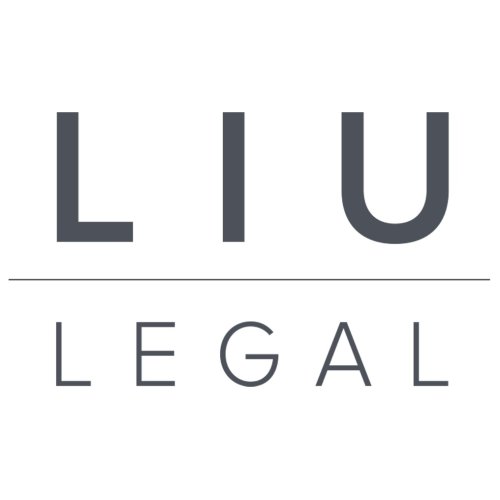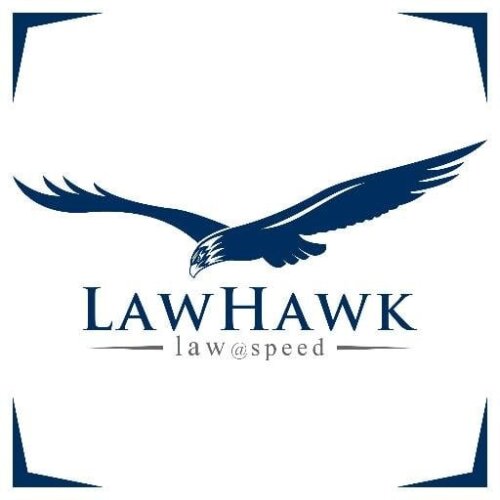Best Sanctions & Export Controls Lawyers in Wellington
Share your needs with us, get contacted by law firms.
Free. Takes 2 min.
List of the best lawyers in Wellington, New Zealand
About Sanctions & Export Controls Law in Wellington, New Zealand
Sanctions and export controls are legal frameworks that regulate the movement of goods, technology, and services across New Zealand's borders. In Wellington, as the seat of the New Zealand Government and key administrative bodies, these laws are especially important for individuals and businesses engaged in international trade and export. Sanctions prevent or restrict trade with certain countries, organizations, or individuals, usually for reasons of foreign policy or to comply with United Nations obligations. Export controls, on the other hand, manage what items, technology, and services can be sent from New Zealand to ensure goods are not used for undesirable purposes, such as the development of weapons or violating human rights. Businesses and individuals in Wellington must adhere to both New Zealand laws and international obligations, making compliance a significant legal matter.
Why You May Need a Lawyer
There are numerous scenarios in which legal guidance becomes crucial regarding sanctions and export controls. Common situations include:
- Exporting goods or technology from New Zealand and needing to know if any controls or restrictions apply - Receiving inquiries from overseas clients about goods or services and being unsure if they can legally be supplied - Discovering that your product could have dual-use (both civilian and military applications), prompting compliance checks - Facing investigations or enforcement actions for potential breaches of export rules - Becoming aware of new sanctions regimes or international embargoes that may affect your business transactions - Being involved with international partners and needing to understand complex, intersecting regulations - Requiring assistance with permit or licence applications - Managing the risks of inadvertently supplying sanctioned entities or jurisdictions - Reviewing contracts to ensure compliance with evolving obligations
Sanctions and export control laws are complex and can carry serious penalties for non-compliance. A lawyer experienced in this field can ensure you understand your obligations, assist with compliance programs, and provide defence if allegations arise.
Local Laws Overview
Wellington-based individuals and businesses must comply with several key New Zealand laws and regulations concerning sanctions and export controls:
- United Nations Act 1946: Enables New Zealand to give legal effect to United Nations Security Council sanctions, making it illegal to breach specific international obligations. - Customs and Excise Act 2018: Sets out rules regarding import and export of goods - Arms Act 1983: Controls exports of weapons and certain dual-use goods - Strategic Goods List: Maintained by the New Zealand Customs Service, this list identifies goods, software, and technology that require authorisation for export, often due to national security concerns - Export Prohibitions and Restrictions: Various regulations may prohibit or restrict exports of specific goods to entire countries, entities, or individuals
These legal frameworks are supported by government agencies in Wellington such as the New Zealand Ministry of Foreign Affairs and Trade (MFAT) and the New Zealand Customs Service. Both provide guidance and oversee enforcement. Non-compliance can result in civil or criminal penalties, confiscation of goods, and reputational damage.
Frequently Asked Questions
What are export controls in New Zealand?
Export controls are laws and regulations that manage what goods, technology, and services can leave New Zealand. These controls aim to comply with international obligations, protect national security, and prevent misuse of sensitive items.
What are sanctions?
Sanctions are trade or financial restrictions imposed by New Zealand, often to comply with UN Security Council decisions or in furtherance of New Zealand's foreign policy objectives.
How do I know if my export is controlled?
You should check the Strategic Goods List published by New Zealand Customs and seek advice from MFAT if you are unsure. Certain items, especially those with potential military or dual-use applications, may be subject to controls.
Who enforces sanctions and export control laws in Wellington?
The Ministry of Foreign Affairs and Trade (MFAT) administers sanctions, while the New Zealand Customs Service oversees export controls. They are supported by other relevant government bodies.
What happens if I breach export control laws?
Breaching these laws can result in fines, criminal prosecution, loss of export privileges, and damage to your business reputation.
Do I need a permit to export controlled goods?
Yes. If your goods, software, or technology are on the Strategic Goods List or are subject to a prohibition, you must apply for and receive an export permit before proceeding.
What countries are subject to sanctions?
Sanctioned countries may vary depending on UN resolutions and New Zealand government policy. Current lists are maintained by MFAT, and can change frequently.
Are services and technology also controlled by export laws?
Yes. Controls can apply not just to physical goods but also to exports of services and technology, including software and technical know-how.
How can I ensure my business is compliant?
Develop robust internal compliance programs, seek regular legal advice, stay informed about current laws and changes, and carefully vet international transactions.
What should I do if I am under investigation?
Seek legal advice immediately. Do not attempt to handle investigations alone, as the consequences can be serious. A lawyer can help protect your rights and guide your response.
Additional Resources
- New Zealand Ministry of Foreign Affairs and Trade (MFAT): Oversees sanctions and provides up-to-date information - New Zealand Customs Service: Administers export control regulations and maintains the Strategic Goods List - New Zealand Law Society: Can help you find specialist lawyers in sanctions and export controls - Chamber of Commerce Wellington: Offers resources and seminars on compliance and best practices - Business New Zealand: Provides information and support for businesses engaged in international trade
Next Steps
If you believe you require legal assistance with sanctions and export controls in Wellington, consider the following actions:
- Gather all relevant documentation regarding your exports, contracts, or international transactions - Identify the specific legal question or problem you face - Contact a lawyer or legal advisor with experience in sanctions and export controls - Stay informed about current legal developments by checking government sources - Consider participating in training sessions or compliance seminars - Act quickly if you suspect you may have breached any law, as early intervention can help mitigate risks
Seeking legal advice early not only helps you navigate complex rules but also protects your interests and reputation in Wellington’s dynamic international trade environment.
Lawzana helps you find the best lawyers and law firms in Wellington through a curated and pre-screened list of qualified legal professionals. Our platform offers rankings and detailed profiles of attorneys and law firms, allowing you to compare based on practice areas, including Sanctions & Export Controls, experience, and client feedback.
Each profile includes a description of the firm's areas of practice, client reviews, team members and partners, year of establishment, spoken languages, office locations, contact information, social media presence, and any published articles or resources. Most firms on our platform speak English and are experienced in both local and international legal matters.
Get a quote from top-rated law firms in Wellington, New Zealand — quickly, securely, and without unnecessary hassle.
Disclaimer:
The information provided on this page is for general informational purposes only and does not constitute legal advice. While we strive to ensure the accuracy and relevance of the content, legal information may change over time, and interpretations of the law can vary. You should always consult with a qualified legal professional for advice specific to your situation.
We disclaim all liability for actions taken or not taken based on the content of this page. If you believe any information is incorrect or outdated, please contact us, and we will review and update it where appropriate.

















